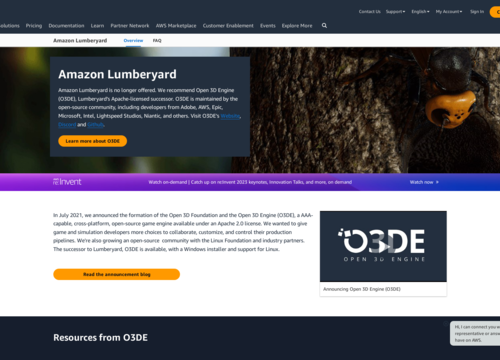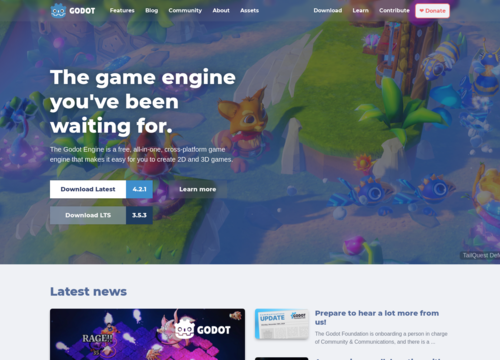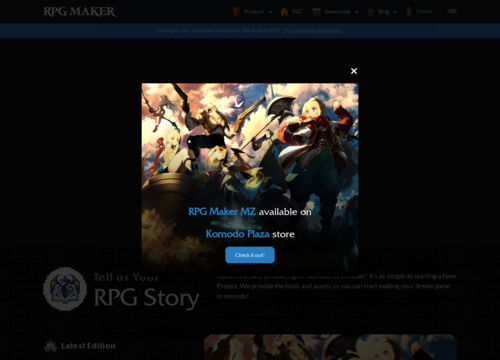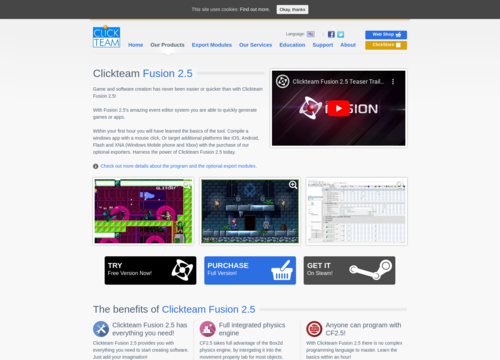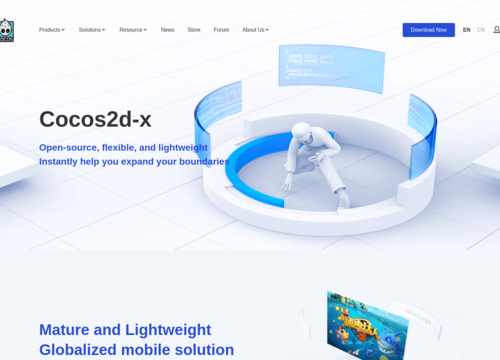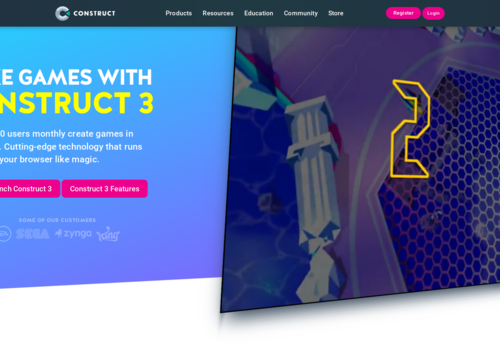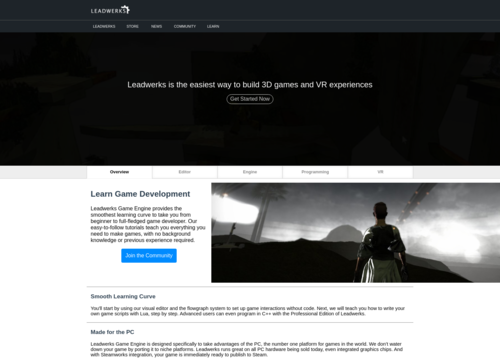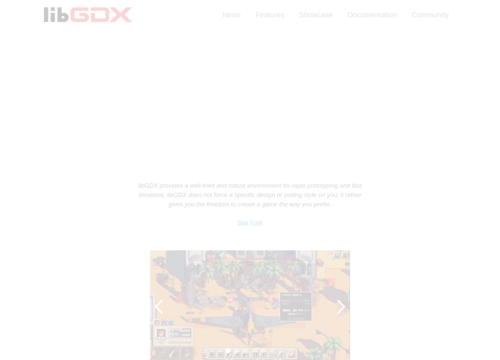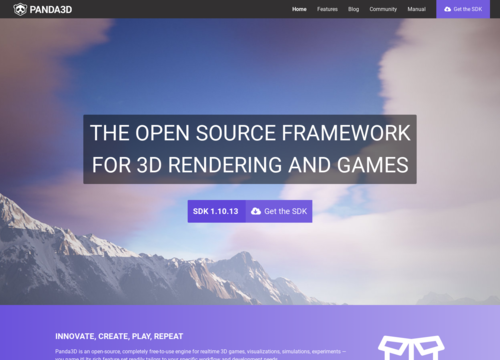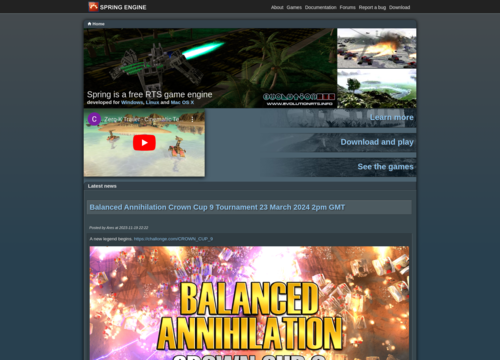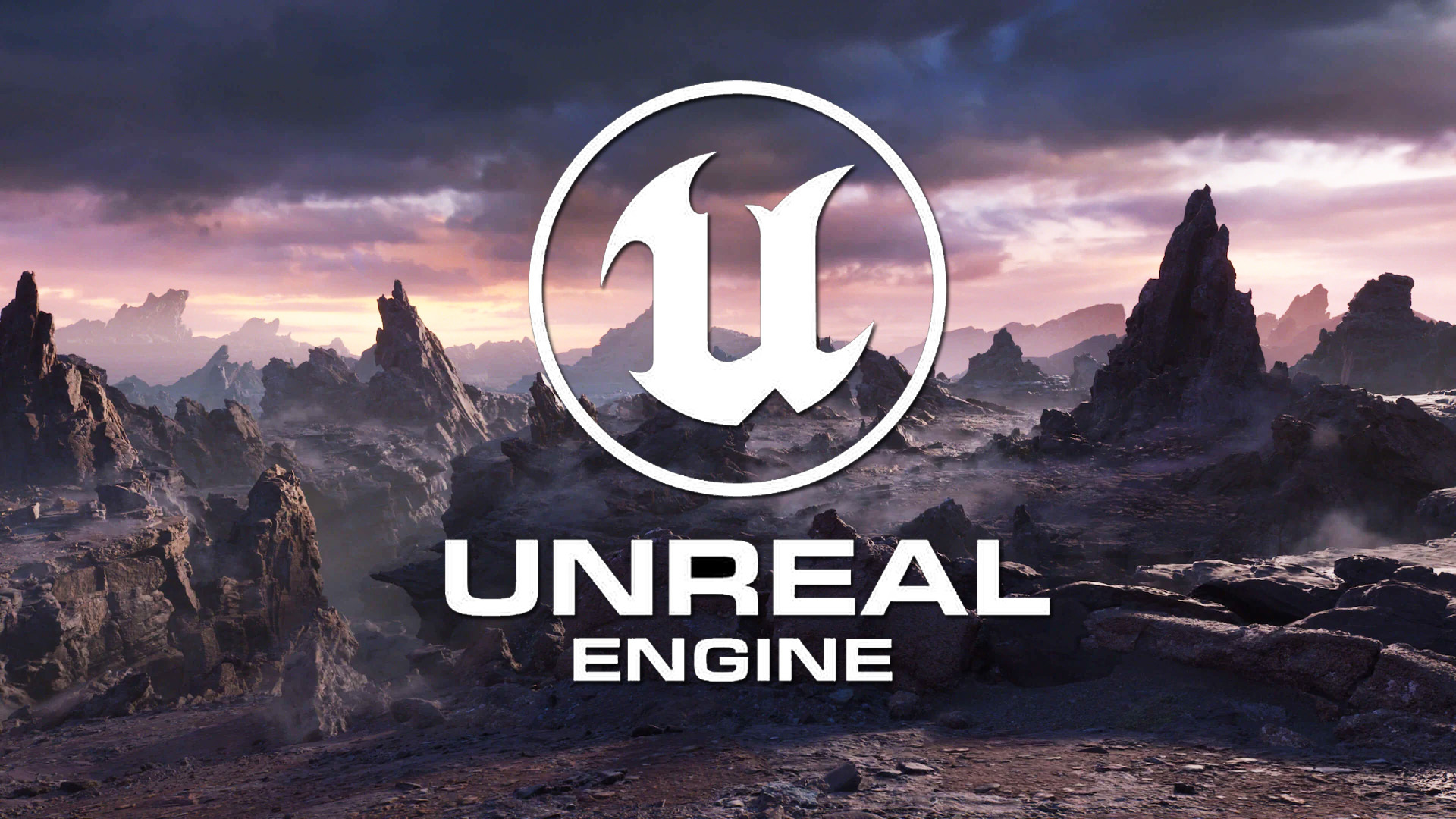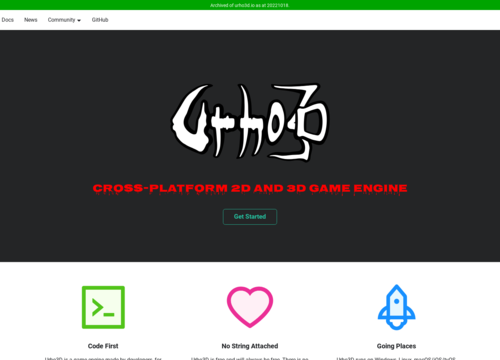Unity
https://unity.com/Unity
Unity is a versatile and widely used game development platform created by Unity Technologies. It serves as a powerful engine for creating interactive, real-time 3D and 2D content, ranging from video games to simulations and other forms of digital media.
History and evolution
Unity was first introduced in 2005 with the goal of making game development more accessible. It started as an engine primarily for Apple's macOS but quickly expanded its reach. Over the years, unity has evolved to support a multitude of platforms, reflecting the changing landscape of technology and gaming.
Core features
Cross-Platform Development
One of Unity's standout features is its ability to build applications for multiple platforms from a single codebase. This includes desktop systems (Windows, macOS, Linux), mobile devices (iOS, Android), consoles (PlayStation, Xbox, Nintendo Switch), and even web platforms via WebGL. It also supports virtual reality (VR) and augmented reality (AR) devices.
User-Friendly Editor
Unity offers an intuitive editor where developers can design scenes, manage assets, and set up game logic. The interface is designed to be approachable for beginners while offering depth for advanced users.
Scripting with C#
Developers write scripts in C#, which allows for controlling object behaviors, game mechanics, and other interactive elements. The scripting environment is tightly integrated with the editor, providing features such as real-time code compilation and debugging.
Asset Store
Unity's Asset Store is a rich marketplace where developers can purchase or sell assets such as 3D models, animations, sound effects, and plugins. This resource accelerates development by providing ready-made components that can be integrated into projects.
Graphics and rendering
Unity supports advanced rendering techniques, including physically based rendering, global illumination, and postprocessing effects. This enables the creation of visually impressive scenes and environments.
Physics Engines
The platform incorporates physics engines such as NVIDIA PhysX and Box2D, allowing for realistic simulation of physical interactions, which is crucial for gameplay mechanics.
Applications Beyond Gaming
While primarily known for game development, Unity is also used in other industries:
Film and Animation
For previsualization and cinematic sequences.
Architecture and Engineering
To create interactive walkthroughs and simulations.
Automotive and Transportation
For designing and simulating vehicle systems.
Education and Training
As a tool for creating immersive learning experiences.
Community and Learning Resources
Unity has a large and active community of developers and artists. There are extensive resources available, including official documentation, tutorials, forums, and user groups. This supportive ecosystem makes it easier for newcomers to learn and for experienced developers to solve complex problems.





















